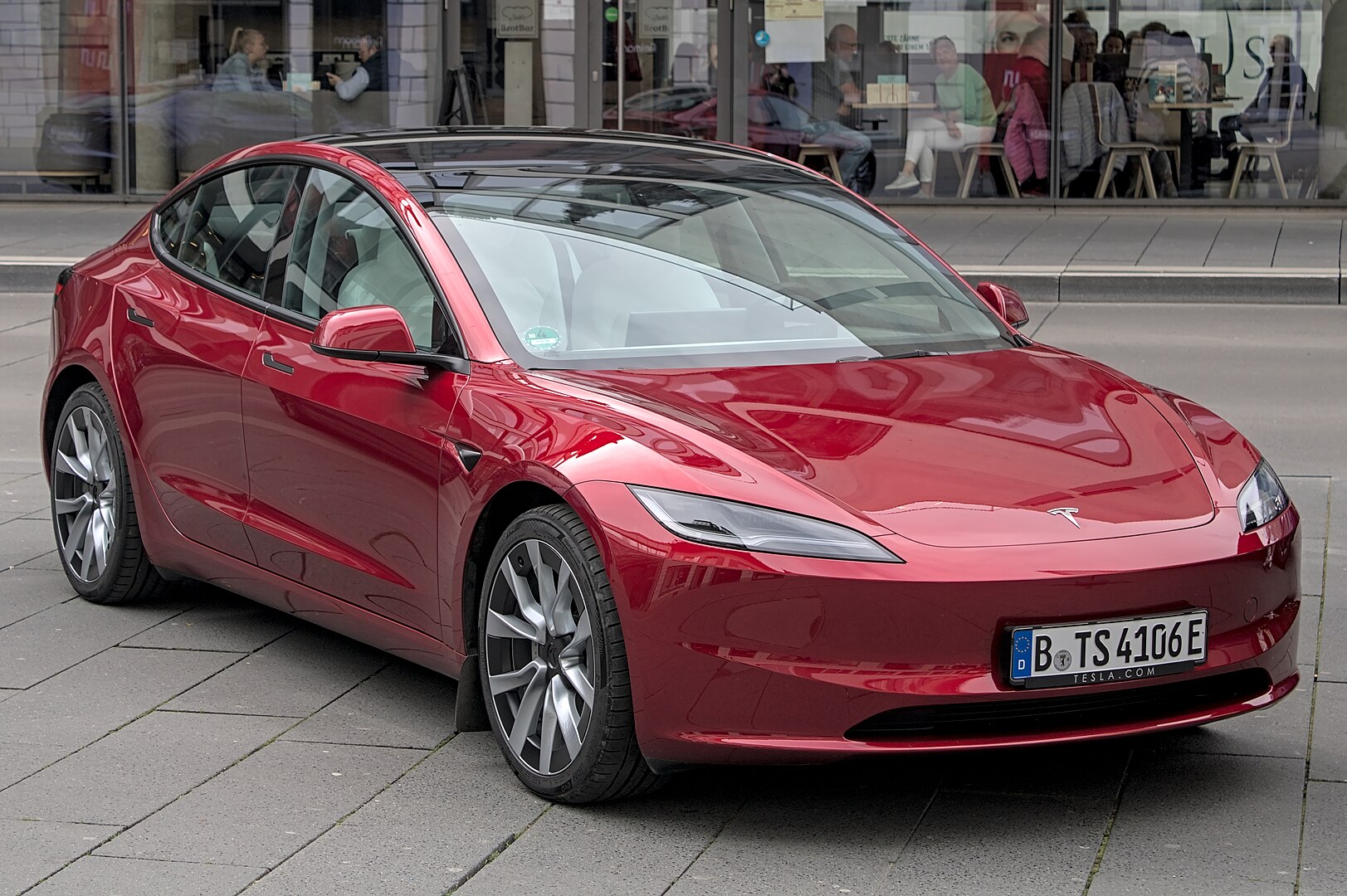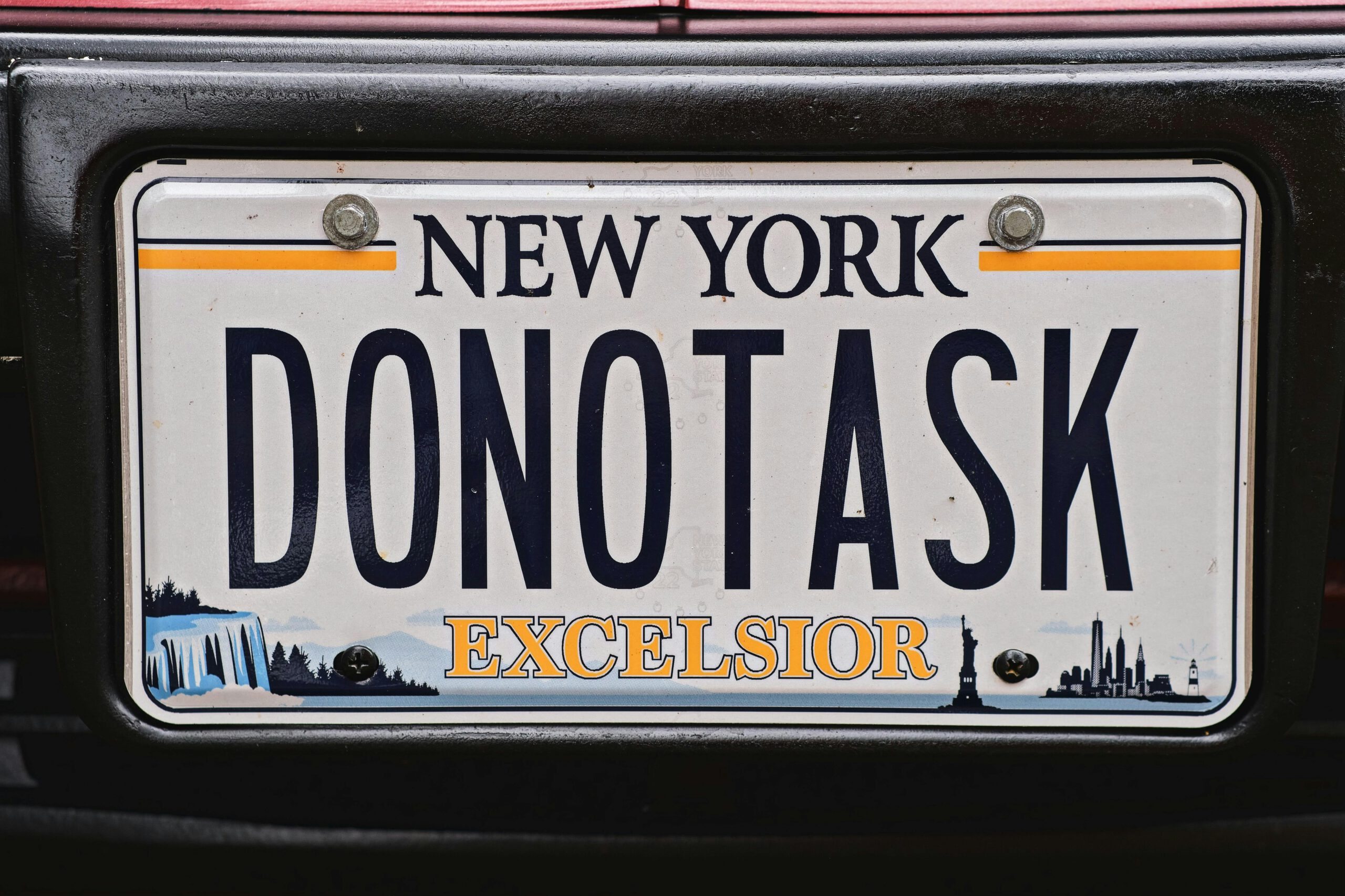Planning your Tesla purchase for later this year? That $7,500 federal tax credit won’t be waiting around forever. Thanks to the One Big Beautiful Bill Act (OBBB) signed by President Trump on July 4, 2025, this substantial savings opportunity disappears completely after September 30, 2025. Tesla buyers have exactly ten weeks left to claim what amounts to a significant discount on their electric vehicle purchase, assuming they meet the increasingly complex qualification requirements.
Which Tesla Models Still Qualify
Not every Tesla gets you the full credit. The 2025 Model 3 (all trims) qualifies for the complete $7,500, provided it stays under the $55,000 MSRP cap for sedans. The Cybertruck’s dual-motor and rear-drive variants also qualify, thanks to the $80,000 limit for SUVs and trucks. However, luxury variants like the Model S and the Cyberbeast trim exceed price limits entirely. Your wallet feels the difference between a qualifying Model 3 and a non-qualifying Model S more than your Netflix subscription feels your latest binge-watching spree.
The Model Y presents a mixed bag depending on configuration and final pricing, while only specific Cybertruck configurations—typically the lower-priced or dual-motor versions—may qualify, depending on how they’re built and priced. Tesla’s direct-sales model means buyers should verify eligibility with Tesla directly rather than traditional dealerships, especially given its status as the best-selling electric vehicle.
Income Limits and Claiming Process
Your adjusted gross income determines eligibility faster than a TikTok algorithm determines your interests. Single filers need to stay under $150,000, while married couples filing jointly can earn up to $300,000. You have two options for claiming the credit: apply it at the point of sale (immediately reducing your Tesla’s price) or file IRS Form 8936 with your tax return. Remember, this credit is non-refundable—you can’t get cash back beyond your actual tax liability, which some would argue, is one of several reasons not to buy a Tesla.
The timing matters more than your favorite delivery app’s promise. You must take physical delivery by September 30, 2025, even if you ordered months earlier. Simply placing an order doesn’t guarantee eligibility; the vehicle must be delivered and in your possession before the deadline.
State Alternatives Still Available
Once the federal credit expires, Tesla pricing dynamics shift permanently, but some relief remains at the state and local levels. California residents can still access programs like Clean Cars 4 All, offering up to $9,500 toward electric vehicles for income-qualified buyers, plus an additional $2,000 for home charging infrastructure. New Yorkers might be eligible for state-level rebates of up to $2,000.
Utility companies across the country continue offering charging incentives that can soften the financial blow. Programs range from $500 rebates for Level 2 charger installations to special time-of-use electricity rates for EV owners. These local incentives typically target home charging infrastructure rather than vehicle purchases, but every dollar counts when federal support disappears.
After September 30: A Different Market
The tax credit phase-out could reshape the EV landscape, challenging affordability and adoption. While short-term sales may spike, the long-term outlook points to slower growth unless new incentives emerge. The delivery timing matters more than your Amazon Prime shipping preferences—missing the September 30 deadline means losing $7,500 regardless of when you ordered.
The end of this tax credit marks a fundamental shift in EV affordability. Without federal support, Tesla and other manufacturers face the reality of competing purely on value rather than subsidized pricing. Automakers are already urging customers to snap up electric vehicles before the credit disappears, with Tesla’s homepage displaying urgent messaging about the deadline. Your decision timeline just became significantly more important than your usual tech upgrade schedule, and the window for federal savings is closing faster than a Model S Plaid reaches highway speed.




























